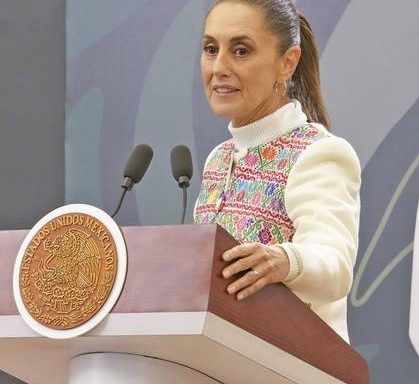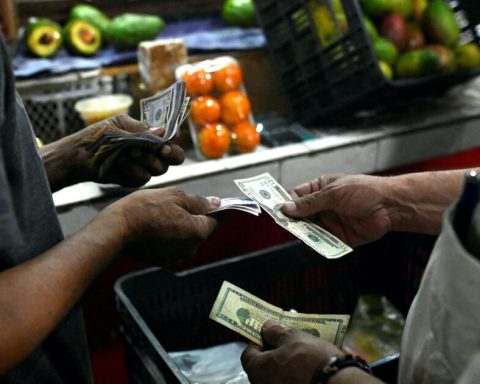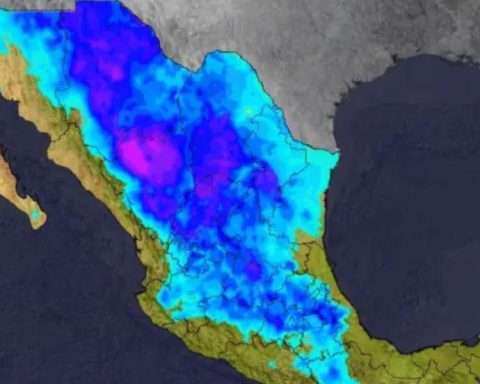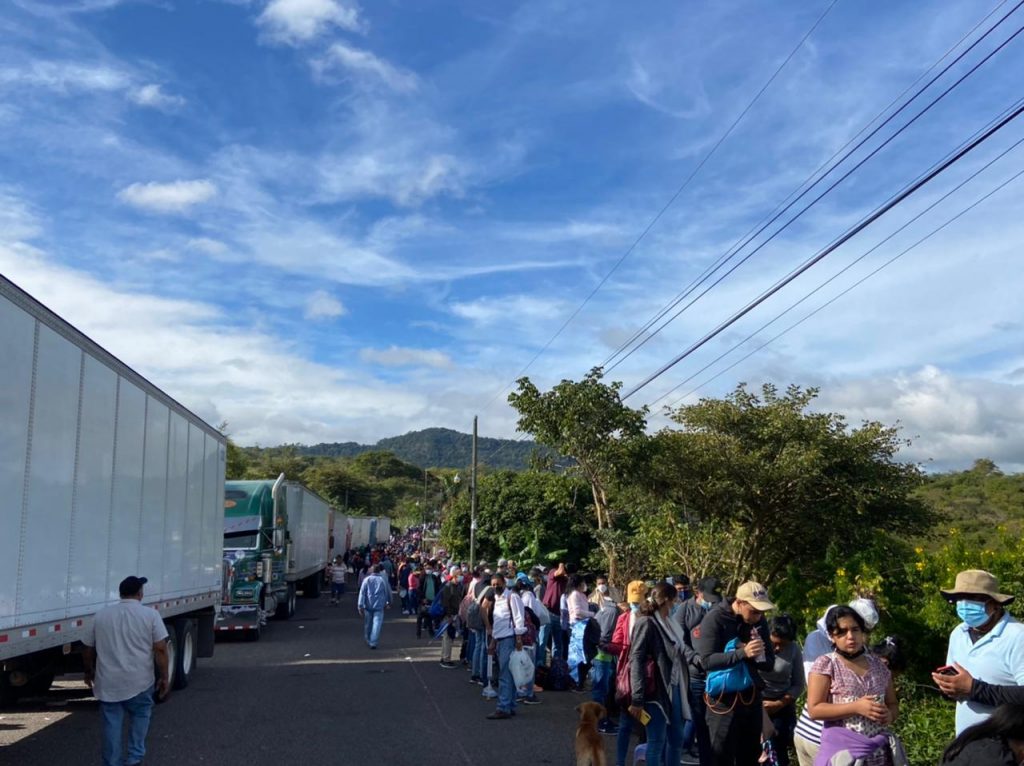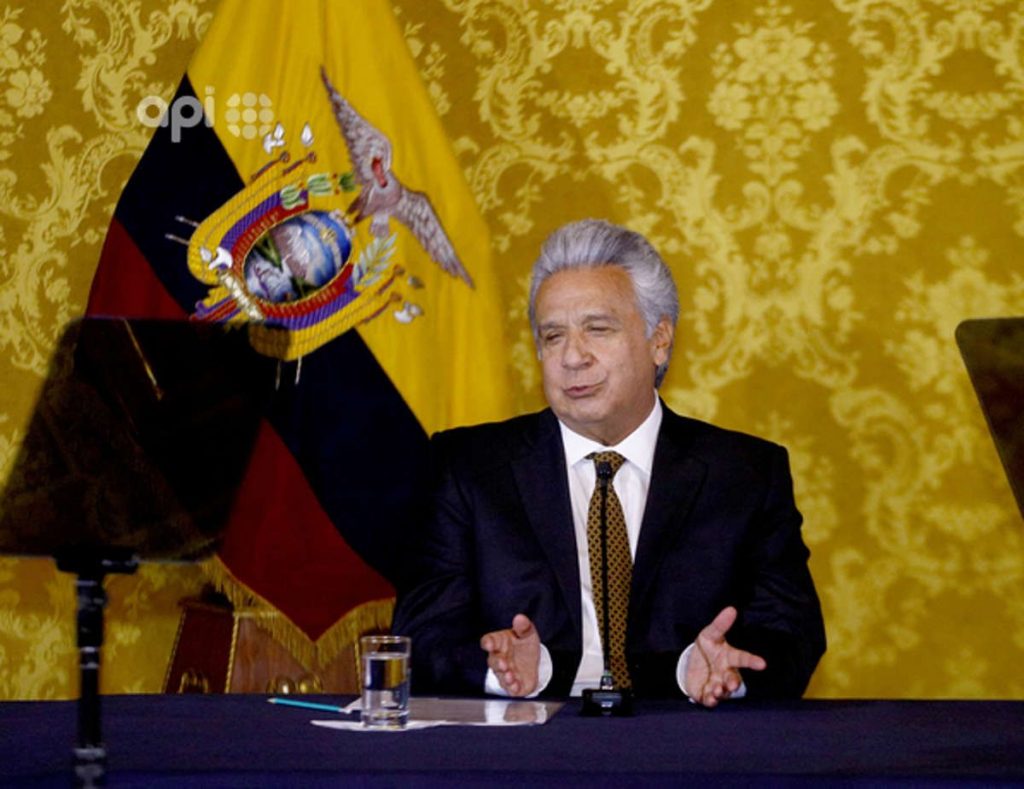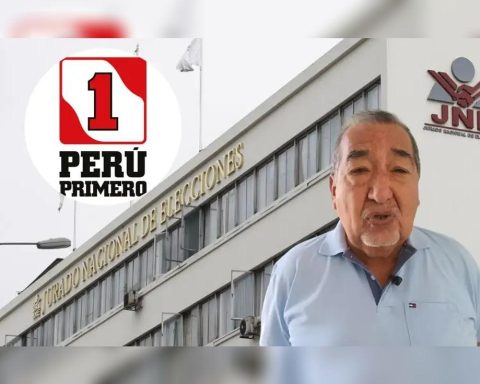A few months after the presidential elections take place in Colombia, some of the economic and sectoral proposals of some of the candidates are already beginning to be known. One of those that generated controversy in recent days is from Gustavo Petro, who assured that, if he arrived at the Casa de Nariño, he would stop oil exploration.
Although the candidate stated, in an interview with El Tiempo, that the idea is to migrate to a non-extractivist economy, some experts indicated that this decision would not only affect the hydrocarbon sector, but would have consequences on public finances and regional development.
For example, according to figures from the Ministry of Mines and Energy, the participation of this sector in the Nation’s income is 12%, income that would be reduced, and eventually would cease to be received, if the scenario proposed by the pre-candidate occurs. .
And, in fact, the Mines and Energy Portfolio reports that for the 2021-2022 biennium, the royalties contributed by the hydrocarbon sector will reach 17 trillion Colombian pesos (4.3 billion dollars). Some experts point out that without these resources there would not be enough money to support regional development.
“The departments and municipalities receive an average of 10 trillion Colombian pesos (2,531 million dollars) annually in royalties, which would not be another source of income in the short and medium term that could supply the income that would no longer be received. “Said Amylkar Acosta, former Minister of Mines.
Without royalties or income for the government budget, analysts and experts predict that resources would fall short to address social problems.
“For us the oil sector is part of the solution to overcome the poverty level, more than 20 million (5,063 million dollars) of Colombians fell into poverty, today we have to have enough cash to be able to recover that standard of living of the Colombians ”, said the president of Campetrol, Nelson Castañeda.
The decision would also imply that Colombia would have to import oil because, according to Julio César Vera, president of the Xua Energy Foundation, this change would make Colombia lose energy sufficiency.
“Not exploring is limiting our self-sufficiency, it is depending on external countries for our supply for at least the next 40 years,” said Vera.
Acosta pointed out that, in that sense, the trade balance would be affected. “The country receives approximately 16,000 million dollars from its exports, which it would cease to receive and would have to get, I don’t know from where, 18,000 million dollars to import the oil that would be required, this would logically be somewhat traumatic and If it materializes, we would be jumping into the void ”.


